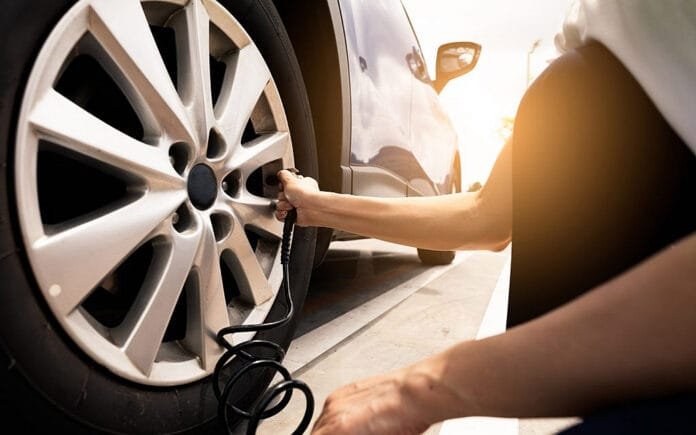Understanding Valve Seals
Valve seals play a crucial role in automobile engines, ensuring that the valves operate smoothly by controlling lubrication and preventing oil from leaking into the combustion chamber. These seals, typically made from heavy-duty rubber, are designed to fit securely over the valve stem. A malfunctioning valve seal can lead to significant engine issues, including power loss and increased emissions. Recognizing the symptoms of faulty valve seals is essential for maintaining your vehicle’s performance.

Common Symptoms of Bad Valve Seals
Identifying issues with valve seals early can save you from expensive repairs. Here are the seven common symptoms to watch for:
- Ticking/Popping Noise: One of the first signs of a valve seal problem is a noticeable ticking or popping noise, especially during acceleration. This can indicate misalignment in the valve train or insufficient lubrication.
- High Presence of Smoke: Excessive exhaust smoke during startup is another red flag. If you notice increased smoke output, it may be time to check the condition of your valve seals.
- Engine Power Loss: A reduction in engine performance can suggest issues with valve compression due to leaking seals. Motors require precise valve operation, and any failure can lead to poor combustion.
- Cold Engine Test: Leaving your vehicle overnight can reveal lurking issues; if you see blue smoke upon starting, it indicates oil leakage through faulty seals.
- Engine Braking Test: Monitoring engine performance while braking can also expose valve seal faults, as improper sealing may compromise engine braking efficiency.
- Blue Smoke from the Tailpipe: This symptom points directly to oil burning in the combustion chamber, typically a result of worn valve seals.
- Idle, Stop, Go Driving: If you experience unusual behavior when your vehicle is idling or accelerating, a closer inspection of valve seals may be warranted.
Conclusion
Addressing problems with your car’s valve seals swiftly is imperative. If you notice any of these symptoms, consult with a professional mechanic to prevent further engine damage and ensure your vehicle remains in prime condition.


